The International Criminal Court said Friday that it has issued an arrest warrant for Russian President Vladimir Putin for war crimes, accusing him of personal responsibility for the abductions of children from Ukraine.
Although world leaders have been indicted before, it was the first time the global court has issued a warrant against a leader of one of the five permanent members of the U.N. Security Council.
The court said in a statement that Putin “is allegedly responsible for the war crime of unlawful deportation of (children) and that of unlawful transfer of (children) from occupied areas of Ukraine to the Russian Federation.”
It also issued a warrant for the arrest of Maria Alekseyevna Lvova-Belova, the commissioner for Children’s Rights in the Office of the President of the Russian Federation.
The move was immediately dismissed by Moscow — and welcomed by Ukraine as a major breakthrough. Its practical implications, however, could well be limited as the chances of either facing trial at the ICC are extremely unlikely.
But the moral condemnation will likely stain Putin for the rest of his life — and in the more immediate future whenever he seeks to attend an international summit in a nation that could be bound to arrest him.
“So Putin might go to China, Syria, Iran, his … few allies, but he just won’t travel to the rest of the world and won’t travel to ICC member states who he believes would actually … arrest him,” said Adil Ahmad Haque, an expert in international law and armed conflict at Rutgers University.
Others agreed. “Vladimir Putin will forever be marked as a pariah globally. He has lost all his political credibility around the world. Any world leader who stands by him will be shamed as well,” David Crane, a former international prosecutor, told The Associated Press.
The court’s president, Piotr Hofmanski, said in a video statement that while the ICC’s judges have issued the warrants, it will be up to the international community to enforce them. The court has no police force of its own to do so.
“The judges issued arrest warrants. The execution depends on international cooperation,” he said.
The court can impose a maximum sentence of life imprisonment “when justified by the extreme gravity of the crime and the individual circumstances of the convicted person,” according to its founding treaty known as the Rome Statute.
Still, the chances of Putin facing trial remain extremely unlikely, as Moscow does not recognize the court’s jurisdiction — a position it vehemently reaffirmed on Friday.
Kremlin spokesman Dmitry Peskov insisted that Russia doesn’t recognize the ICC and considers its decisions “legally void.” He added that Russia considers the court’s move “outrageous and unacceptable.”
Peskov refused to comment when asked if Putin would avoid making trips to countries where he could be arrested on the ICC’s warrant.






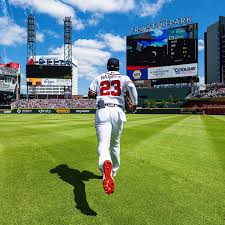





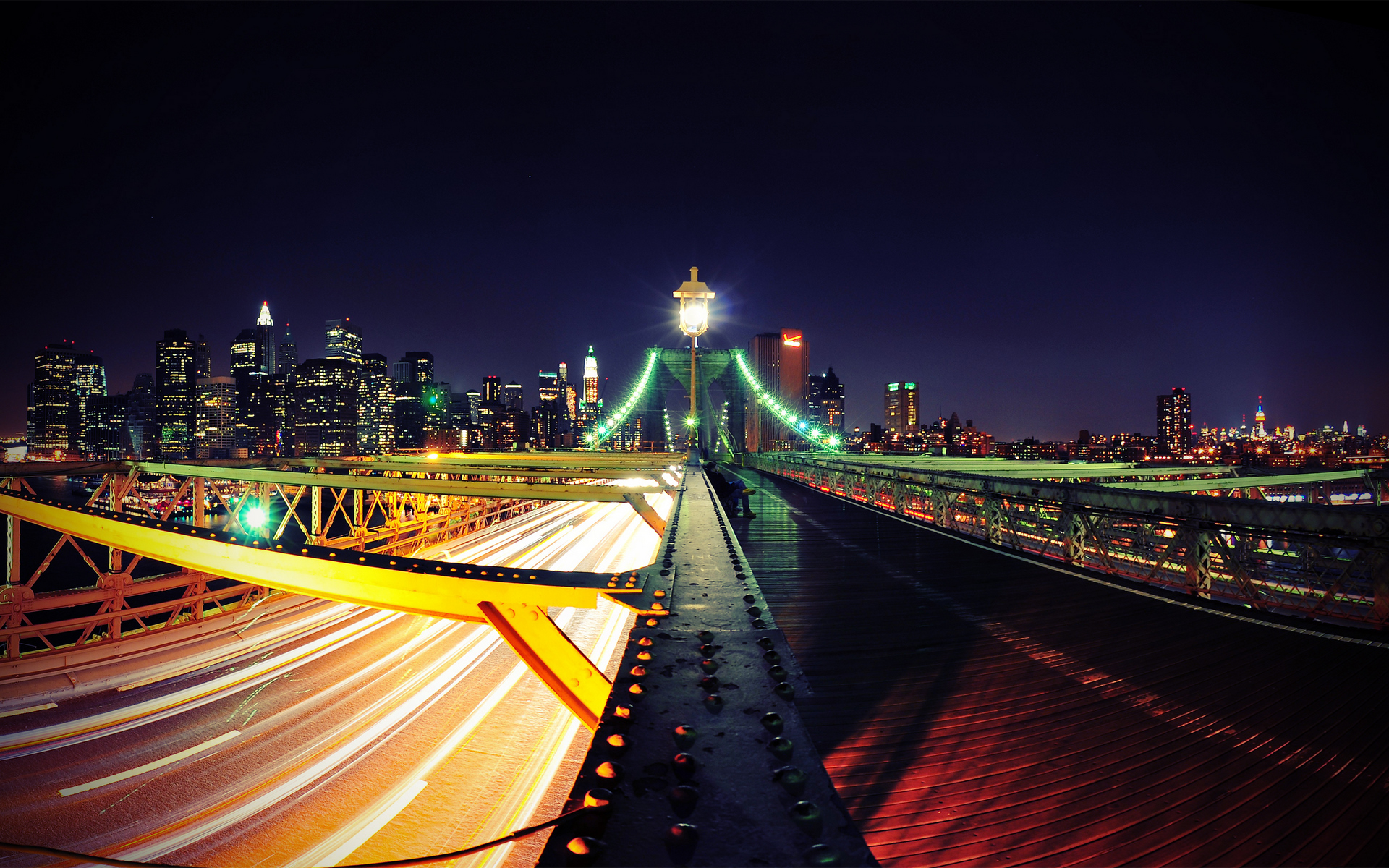












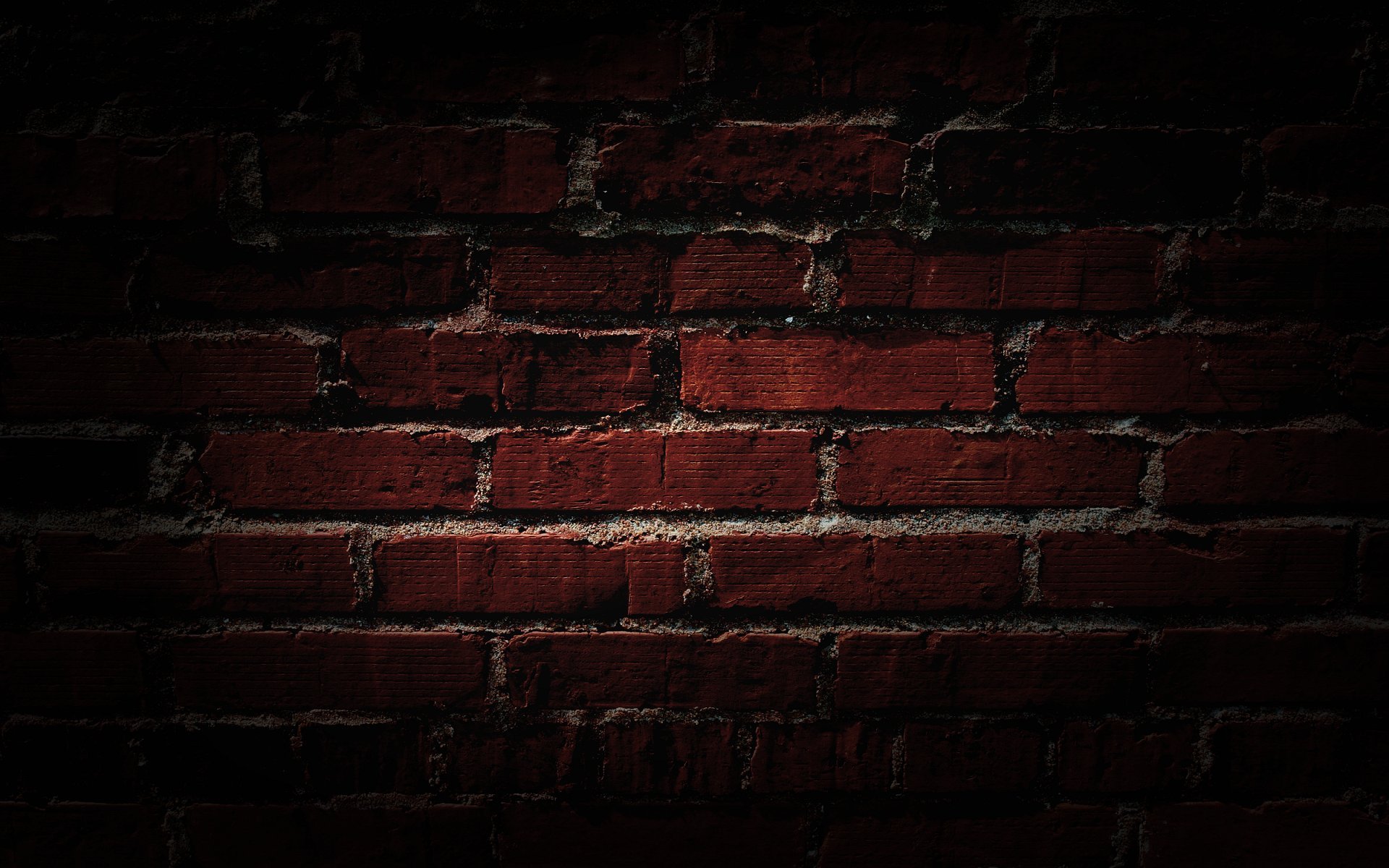
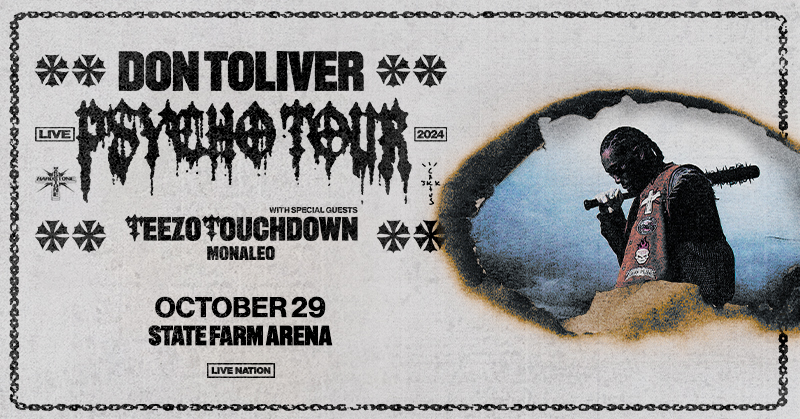



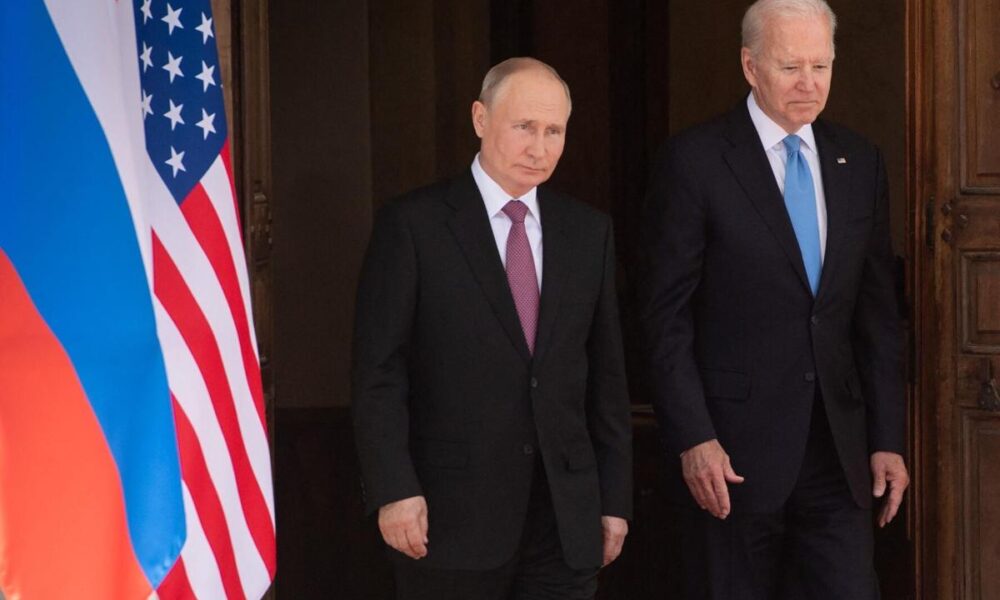

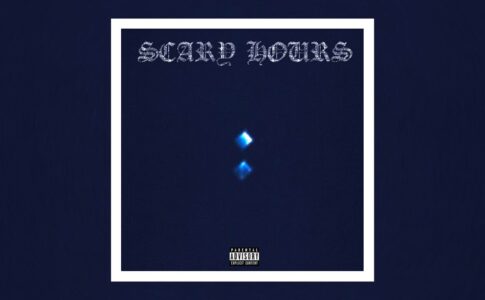
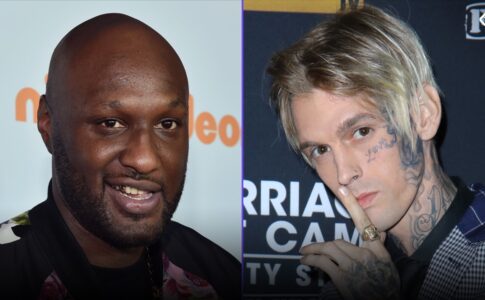
No comments